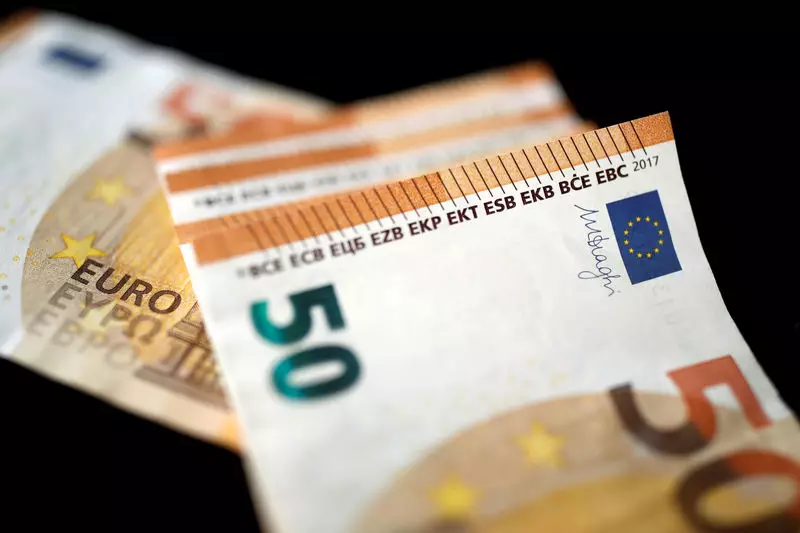In recent years, the United States dollar has solidified its status as a dominant force in the global currency landscape. However, the upcoming U.S. elections may challenge this strength, introducing new variables into the foreign exchange (FX) markets. Analysts from Goldman Sachs have made a compelling case for how political outcomes could shift dollar dynamics significantly, emphasizing the necessity for market participants to consider these influences carefully.
Goldman Sachs has drawn attention to one of the key elements that could dictate the dollar’s performance: tariffs. With tariffs serving as a crucial component in FX valuation, different political scenarios resulting from the election could lead to varied implications for the dollar. Specifically, a Republican sweep could fuel expectations of expanded tariff regimes accompanied by substantial domestic tax reforms, likely propelling the dollar even higher. Conversely, scenarios of divided governance could temper these outcomes, resulting in a more modest dollar rally.
The implications of a Democratic government would differ markedly. In the event of a Democratic sweep, or even a divided Democratic marketplace, analysts predict an initial decline in the dollar’s value. This potential downturn stems from a market re-evaluation of tariff policies that are likely to be less aggressive compared to Republican agendas. Such political shifts could create volatility for currencies closely tied to trade dynamics, particularly those of China, Mexico, and Europe.
Several currencies are expected to react sensitively to the political landscape in the U.S. According to Goldman Sachs, currencies like the Mexican Peso (MXN), Chinese Yuan (CNH), and South Korean Won (KRW) are positioned to experience varying degrees of relief or strain due to shifts in tariff policies. Should the Republican administration implement broader tariffs on China, the Chinese Yuan might fall to 7.40 against the dollar. The Euro too could experience a decline ranging from 3% to as much as 10% should global tariffs escalate alongside expected tax cuts.
Contrastingly, the Japanese Yen’s outlook against the dollar remains ambiguous, as competing economic factors complicate the analysis. Goldman Sachs suggests a cautious approach to yen trades amid these uncertainties.
Investors are advised to proceed with caution, particularly in light of historical performance that may not serve as a reliable guide for future events. Goldman Sachs emphasized the importance of integrating a long-term view when engaging in currency trades stemming from Republican victories, as market responses may not align seamlessly with immediate policy changes.
In addition to political factors, analysts note that U.S. economic conditions are just one piece of the puzzle. Ongoing economic policies and developments—especially those emerging from China—could further sway currency values, potentially offsetting expectations of dollar depreciation.
Ultimately, the forthcoming U.S. elections are poised to reshape the currency market’s landscape, creating a complex interplay of influences that warrant close attention. With potential upside and downside risks at play, market participants must remain vigilant, adapting strategies to accommodate evolving political realities and their subsequent effects on the global economy. The dollar’s journey ahead could hinge less on its intrinsic value and more on the complexities of the political narrative unfolding in the United States.

